From meeting your soulmate online to self-driving cars, there have been a lot of changes to our lives over the years. And while the hallmarks of good parenting haven’t changed that much, there have been quite a few advances.
There have been so many developments, improvements and edits made to how we parent that it was hard to narrow them down. These are the top changes parenting experts told us about and what have been the most significant innovations to parenthood over the years.
The Cost of Living
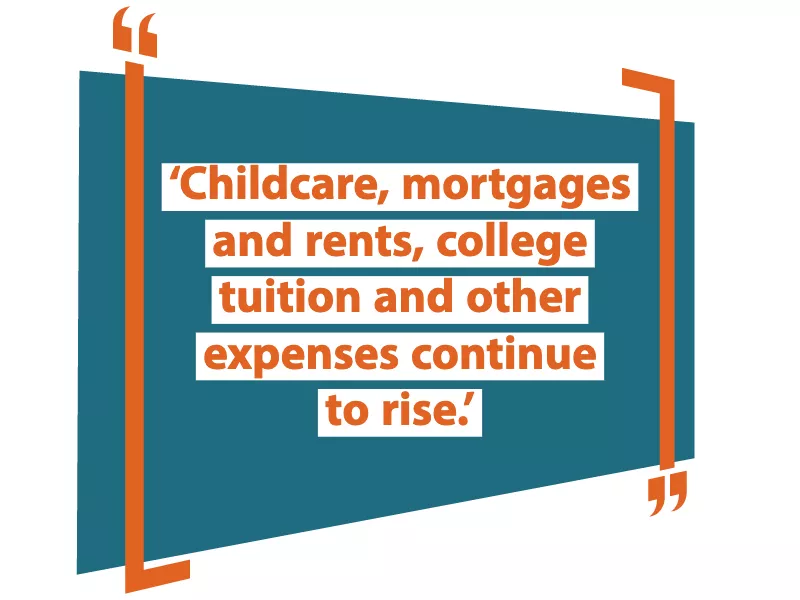
The cost of living has increased over the years, and workers’ wages haven’t kept up. This reality makes life harder for everyone, but especially for parents, who have to account for all of the additional expenses that come with parenthood.
“Things like childcare, mortgages and rents, college tuition and other expenses continue to rise while wages haven’t kept pace,” says Daniel Olavarria, who has served as an expert consultant for the National Institute of Mental Health and is a licensed clinical social worker and therapist in New York City.
Olavarria says this difficult reality has made it even more critical for parents to emphasize the “planning” aspect of family planning. “So often, people adopt the mindset that everything will ‘work out’ as a way to deflect the stress that sometimes comes from looking at the bigger picture,” he says. “While it may be true that you will be able to sort things out and make it work, it’s also important to make sure it’s not at the expense of your health, relationships or overall happiness.”
Olavarria says couples can invest time planning for the future at the beginning of their relationship to avoid adding unnecessary stress to the situation. “That [way] you can enjoy your life while also working toward your goals,” he says.
Distance From Relatives
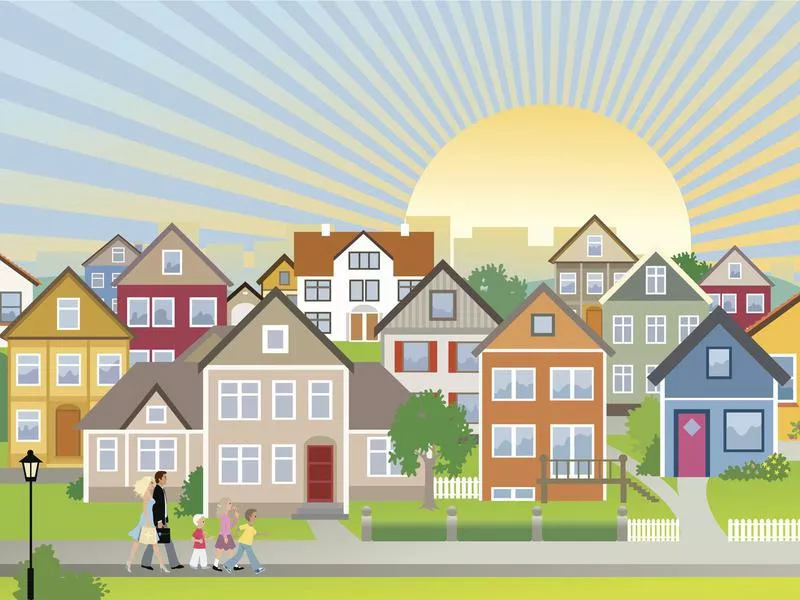
More couples are living away from their hometowns. Getty Images
As our economy and workforce have become more global and technologically advanced, it’s less likely that you and your partner will pick a state to live in just because you were born there or because your family lives there.
“It is more common now than in the past for people to raise their children while living further away from their families and friends,” Olavarria says. “Whether it’s for a job or feeling drawn to a certain type of community, parents are more frequently choosing where to live on factors other than just where their support networks are.”
Olavarria says this is one of the most significant changes he’s noticed “in terms of how people experience parenthood and how children relate to the concept of family and community.”
Living right around the corner from your family isn’t an option for some folks or the best option for other households. But experts agree that you shouldn’t feel sorry about either option. Instead, Olavarria says, “The most important thing is to consider the many factors and make choices that best fit the needs and style of your growing family.”
Gender Roles Are Changing — Finally
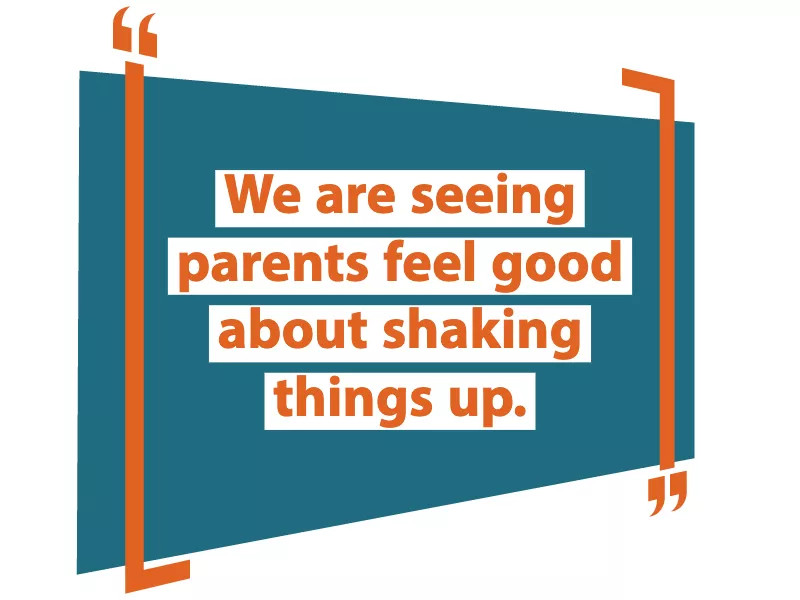
While there is still much progress to be made in our society’s expectations of what it means to be a “mom” and what being a “dad” entails, we are seeing parents feel good about shaking things up. For example, my husband is so much better at cooking that, in our house, I’m not even asked to go grocery shopping, which is great because I happen to be much better at cleaning than him.
“Gone are the days where there is a universal expectation of adherence to a ‘traditional’ structure to parenting, in which a man works, and a woman is responsible for the household,” Olavarria says. “As we challenge gender stereotypes, we also liberate parents to make informed and thoughtful choices about how to balance parenthood and other aspects of their lives, including careers and their passions.
“Perhaps one parent will stay home with the children, and the other will work outside of the home full-time, or maybe both parents intend to pursue their careers full-time and make use of childcare options,” Olavarria adds. “More conversations are needed between parents to make informed decisions, as we rely less on those old molds and create space for choices that consider the unique strengths and desires of each parent, regardless of their gender or the limitations of traditional models of parenthood.”
Working From Home Helps Parents
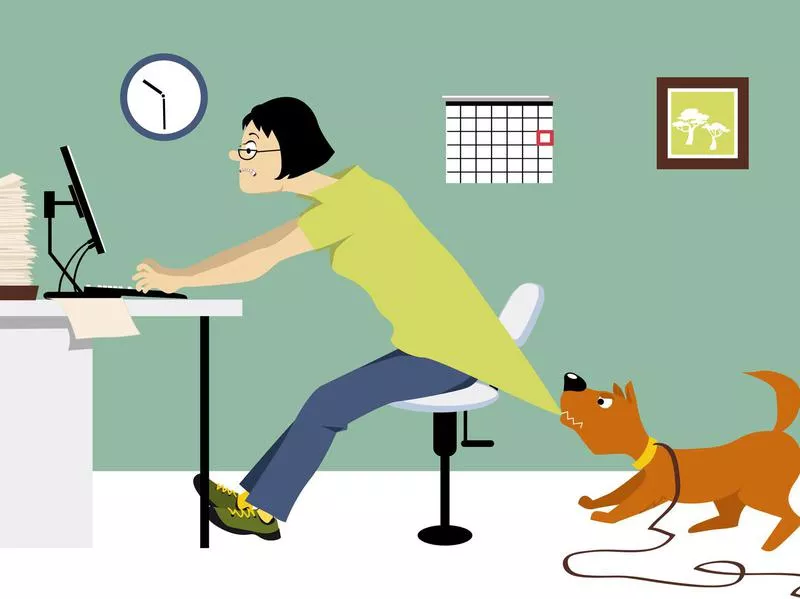
Working from home provides flexibility for parents. Getty Images
While it feels like parents and kids have all become slightly addicted to their smartphones, not all tech advances are equal. Some have enormous benefits for families who want to have kids.
“In the modern world, parents may also explore new opportunities such as working from home or both pursuing part-time or consulting positions that allow for more flexibility,” Olavarria says.
FOMO for Everyone
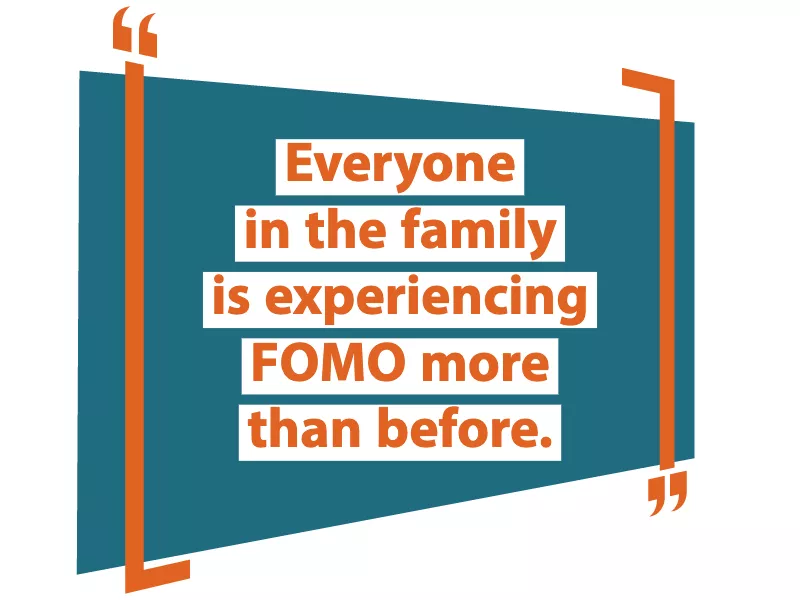
I distinctly remember crying hysterically one night when I realized my family had forgotten about my school’s sports banquet. I was on several teams, so I was up for various awards. My mom was unfazed by the slip-up and calmly explained to me that my prizes would be waiting for me at school on Monday.
But the push for parents to provide perfect experiences for their children has increased over the years, and now everyone in the family is experiencing FOMO (or the “fear of missing out”) more than before. Gail Janicola, a childbirth expert with 23 years of experience, says it seems like the majority of parents she teaches have it “when it comes to providing opportunities for their children — to dance, play soccer, learn an instrument, improve in academics and so on. The ability to limit their child’s activities has become more and more difficult with the ever-increasing options offered.”
Discipline Without Violence

Parents no longer discipline with violence. Getty Images
Janicola says one of the most significant changes she sees in parenting is the evolution of discipline. “‘Spare the rod, spoil the child’ has been overturned by a parenting style that favors gentler and more effective behavior-modification techniques,” she adds. “Combined with access to fuller, more accurate understanding of our children’s behaviors and development, parents have many more options and resources for appropriate tactics of discipline.”
Raffi Bilek, a family therapist and the director of the Baltimore Therapy Center, also noted this big change in parenthood, which he describes as a shift from fear-based discipline to connection-based discipline.
“In times bygone, it was perfectly acceptable to beat your children or threaten to do so in order to gain their compliance,” Bilek says. “Today, however, folks have come to the realization that using fear to achieve your goals as a parent has some unwanted side effects in the long term, and consequently, society is increasingly turning away from fear-based methods and toward approaches that leverage the connection and relationship between parents and children to engender cooperation and behavioral change.”
We Have Fewer Kids
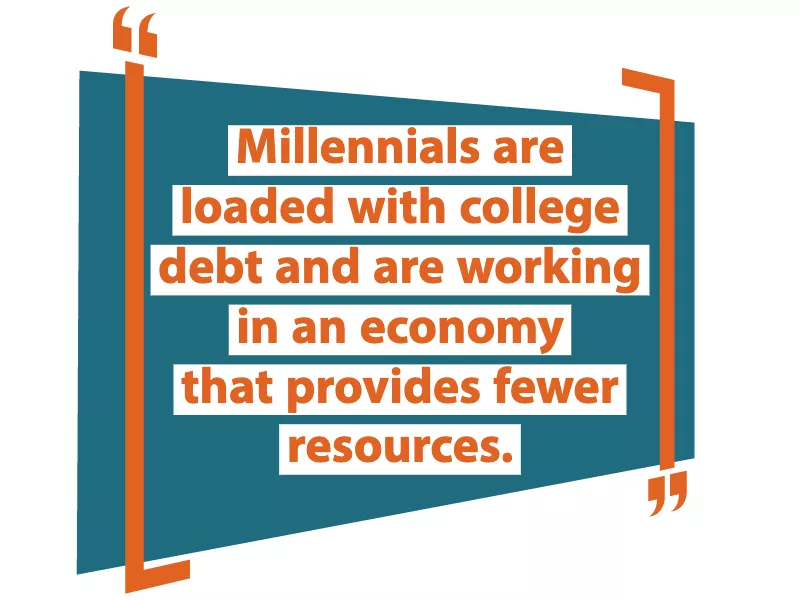
Nowadays, Americans are having fewer kids, and they’re having them later in life, according to a report from the Centers for Disease Control and Prevention. In 2017, about 3.8 million babies were born in the United States — a drop of 2 percent from the year before and the lowest recorded number of births in about 30 years.
“Millennials aren’t having babies because they value their personal and professional success over growing families,” says Ashley Sova, founder of CLEbaby, which provides birth and parenting services like sleep training, doula support and childbirth education.
They are loaded with college debt and are working in an economy that provides a lot fewer resources than the one their parents dealt with when they were starting families.
But We Need More Support
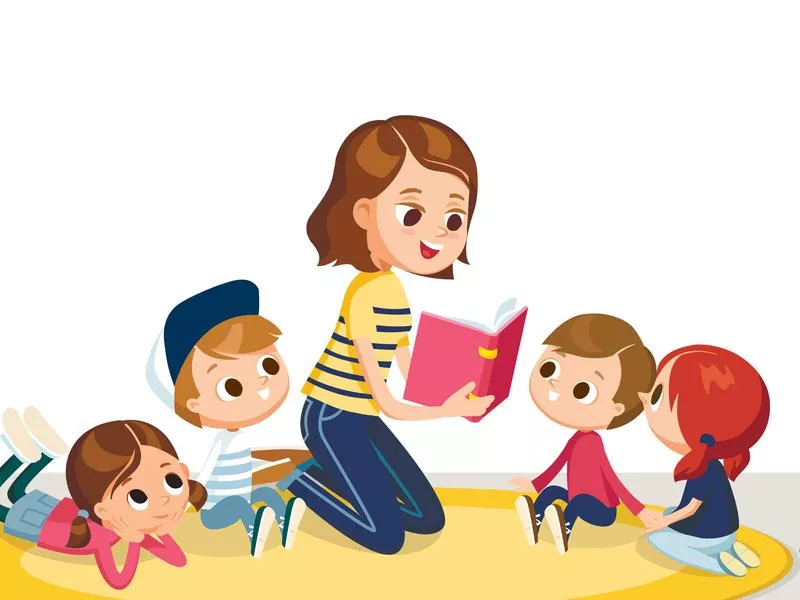
The need for professional help and childcare is more prevalent than ever. Getty images
The lack of resources combined with the fact that both parents have to return to their full-time jobs as soon as possible have led many millennial parents to turn to professional help when they do have kids.
“While birth rates for millennials are low, the ones who are having babies are looking for the types of support that give them a positive experience,” Sova says. “For example, hiring doulas for birth and postpartum, working with night nurses and seeking overnight help sleep training once they transition back to work.”
Sova notes that this is also a result of millennials not being able to live near their family members. “Without a mom around to help them transition into motherhood and learn the ropes, they are hiring people to help make the experience of pregnancy and early parenthood easier,” she says.
Increases in Anxiety and Depression
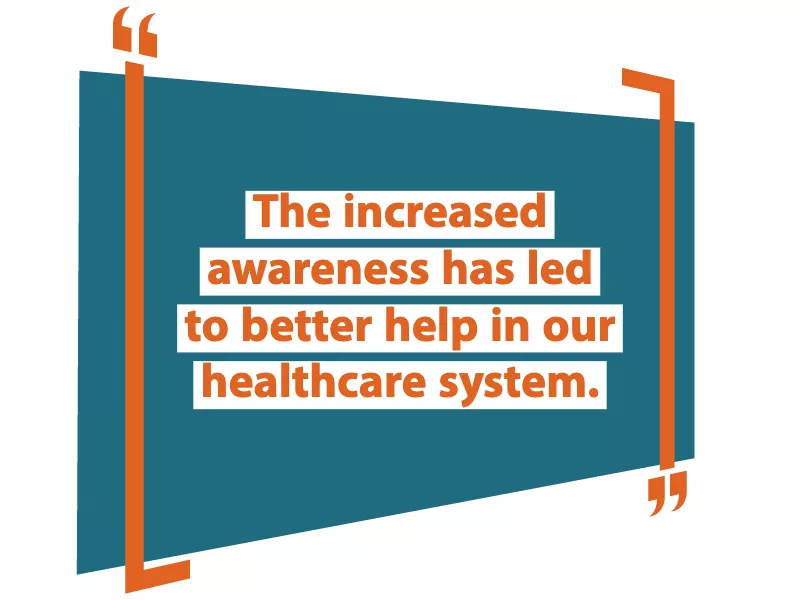
Multiple experts we spoke with mentioned an increase in awareness of anxiety and depression during pregnancy and parenthood. “There’s a lot more research these days on the prevalence of mental health issues,” says Heidi McBain, a perinatal mental health specialist and author of “Major Life Changes: Stories of Motherhood, Hope and Healing.” “The stats from postpartum support international are that one in seven postpartum moms will suffer from a perinatal mental health disorder. Screenings by doctors are getting better, and more moms are now aware of these risks and the importance of reaching out early for help.”
The increased awareness has led to better help in our healthcare system. “Women’s health is being recognized as unique and individualized and, therefore, an emerging specialty in healthcare,” says Carolyn Johnson, an occupational therapist specializing in perinatal health and mom of two toddlers.
And just last November, the American College of Obstetricians and Gynecologists published new guidelines for optimizing postpartum care.
Taking Concerns Online
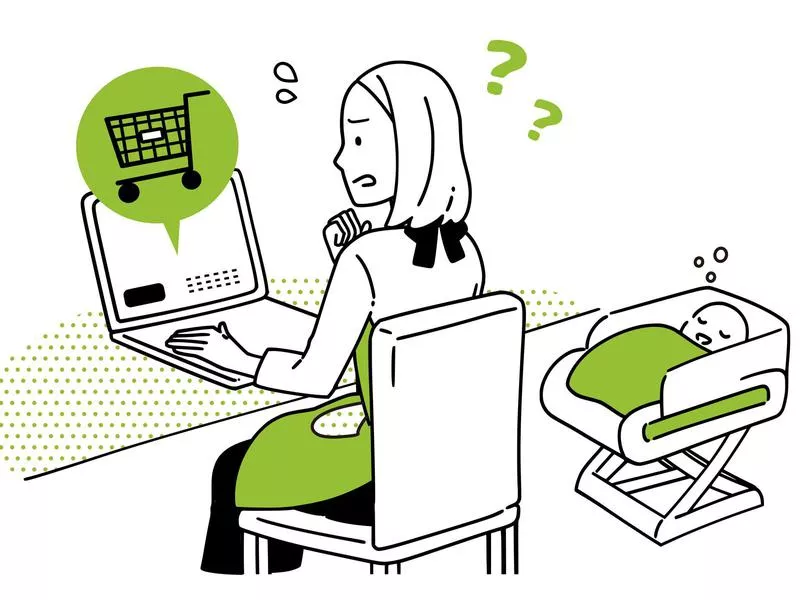
Parents go online to share concerns and build community. Getty Images
The desire for sharing our experiences in parenting online can also help.
“Because of social media, the challenges and struggles of pregnancy and motherhood are less of a taboo than they were years ago,” Johnson says. “Mothers are becoming more candid about the ‘not-so-glamorous’ aspects of this stage in life, sharing real-life stories and glimpses into their new world.”
School Shootings
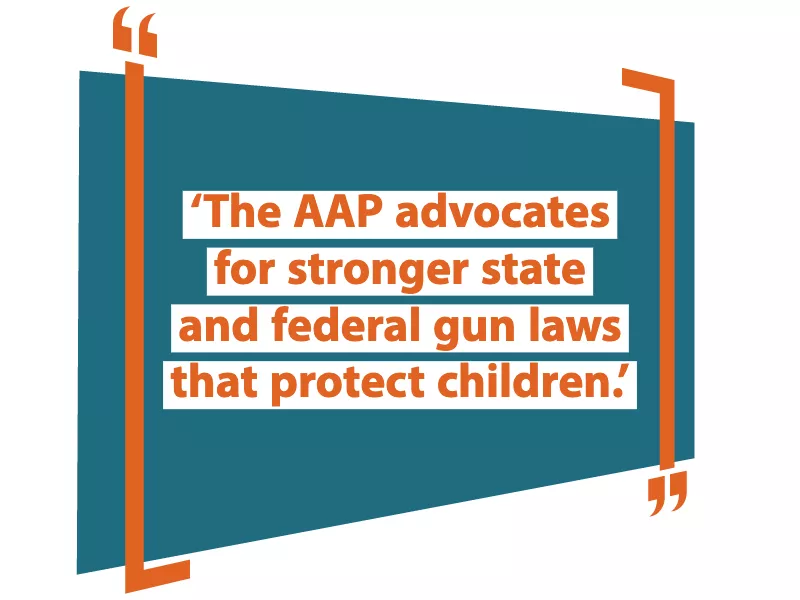
School shootings weren’t a normal part of life as a kid or parent just a few decades ago. When 17 children and adults were shot and killed and 15 were injured inside Marjory Stoneman Douglas High School in Parkland, Fla., in February 2018, it was already the 18th school shooting that year — the equivalent of one every 2.5 days. Immediately following the Parkland school shooting, the American Academy of Pediatrics, an organization of 66,000 pediatric medical professionals, began speaking out about this unique threat to kids in the U.S.
“As long as children continue to be injured and killed by guns in this country, pediatricians will not rest in our pursuit to keep them safe,” the organization says. “We can start by working to advance meaningful legislation that keeps children safe. The AAP advocates for stronger state and federal gun laws that protect children, including a ban on assault weapons like the one used in yesterday’s school shooting. We also call for stronger background checks, solutions addressing firearm trafficking and encouraging safe firearm storage.”
More Parenting Styles

Helicopter parenting is just one of the many parenting styles used these days. Getty Images
From helicopter moms to free-range parents, the amount of ways to raise your kids has exploded in recent years.
“Parenting styles have evolved from Authoritarian parenting, which involves strict demands and punishments to the more permissive style that we saw in the 1970s and 1980s. There were fewer rules, the child was in control, and the child came first. That was a reflection of more parents in the workforce feeling guilty and overindulging their children,” says Christine Kyriakakos Martin, an early education expert and the founder of Sunshine Preschool in Massachusetts.
“I believe this generation is reflecting on how their parents parented them and is choosing or wanting a more authoritative style of being more balanced and responsive to their children’s needs,” she adds.
An Abundance of Screen Time
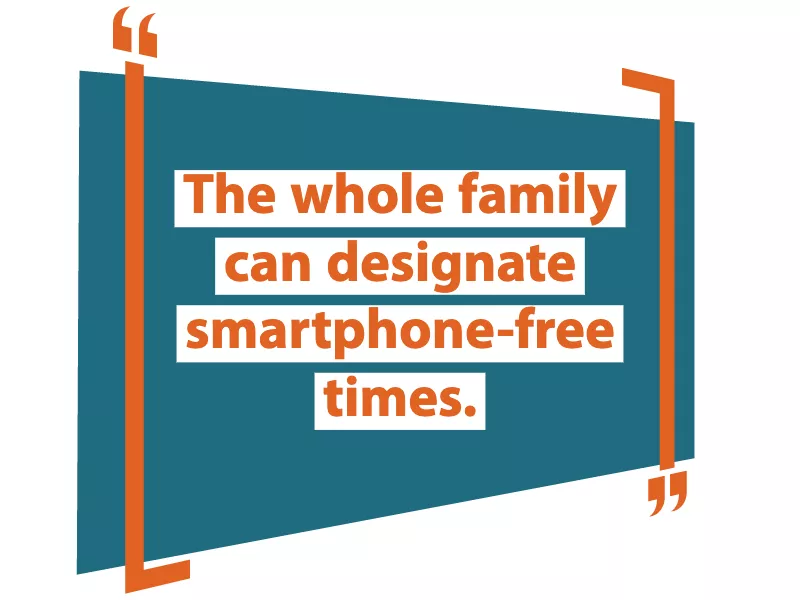
If we’re honest with ourselves, we are all a bit addicted to our smartphones and tablets — and our kids are no different. “In the past, children interacted more with self-initiated, free active play. They had more social relationships and conversations with family and friends,” Martin says. “In today’s digital world, they are missing the important piece of meaningful conversations, and what they need is more quality time with their parents.”
Martin says, parents “don’t have to be perfect or do it all.” Instead, the whole family can designate smartphone-free times and work to eliminate outside distractions to ensure quality time occurs that involves parents and kids.
“Remember, the secure attachment and bonding you shared with your child in infancy is essential, and is paramount to foster a child’s total healthy growth and development,” Martin adds.
Kids Also Experiencing Anxiety

Kids are experiencing anxiety at higher rates as well. Getty Images
Just like parents who experience anxiety and depression, the concept of kids dealing with mental health challenges isn’t new. But as our awareness of it increases so do the diagnoses of anxiety. Researchers found a 20 percent increase in diagnoses of anxiety between 2007 and 2012 in kids aged 6 to 17 in the U.S., according to the National Survey of Children’s Health.
“Parents are much more aware of the signs of struggling children and have more access to resources that can help,” Janicola says. “In general, parents today have to navigate many more environmental pressures than parents of the past.”
Philip Kendall, director of the Child and Adolescent Anxiety Disorders Clinic at Temple University, tells “The Washington Post” one reason we’re seeing the rise of anxiety in kids. “[Kids are] growing up in an environment of volatility, where schools have lockdowns, where there are wars across borders,” he says. “We used to have high confidence in our environment — now we have an environment that anticipates catastrophe.”
Unlimited Advice
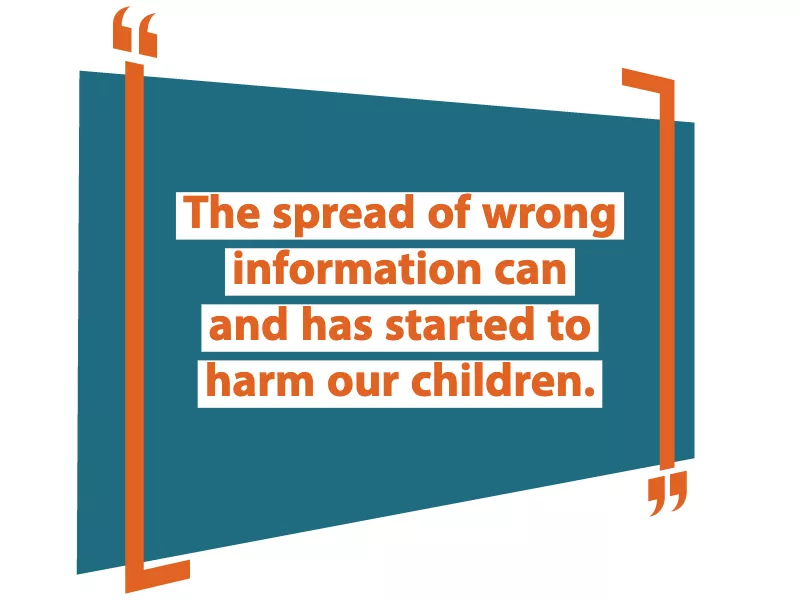
The internet has made our lives more comfortable in countless ways: I’m looking at you Google Maps. But in some areas, the internet has created a space for an overwhelming amount of advice. Parenthood is one such area.
While learning about different parenting styles or types of daycares isn’t likely to do too much harm, the spread of wrong information can and has started to harm our children. The recent vaccine debacle, which has led to heartbreaking stories of our most vulnerable members of society fighting to survive, is one such example.
“We put our children in car seats, hold their hands when crossing the road. We do everything as parents to keep our children safe,” says Dr. Yolanda N. Evans, assistant professor, Division of Adolescent Medicine at Seattle Children’s Hospital. “Vaccinations are one of the few safe and very effective ways of keeping our kids safe from communicable disease.”
If you have concerns about your child’s health, it’s best to talk with your pediatrician (or four if you want to be extra safe) rather than taking unvalidated advice from an unknown source online.